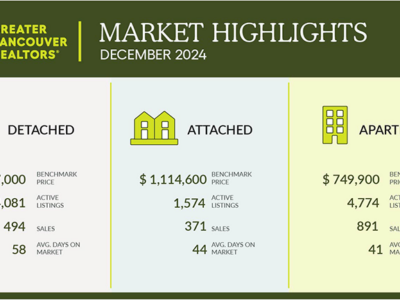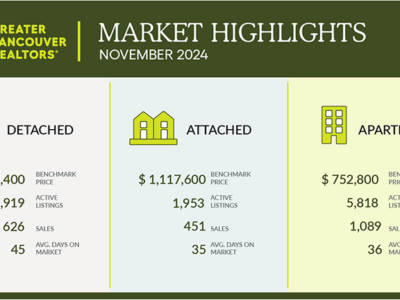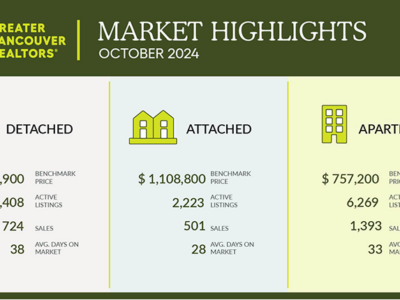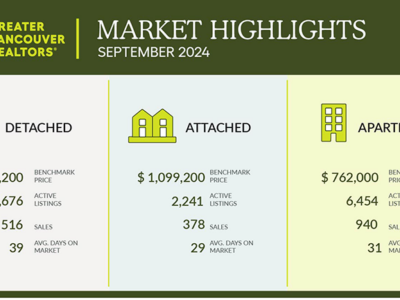B.C. anticipates solid housing market despite tariffs
The Ministry of Finance is forecasting unit sales growth and rising prices in coming years
Despite being tabled the same day as steep U.S. tariffs and Canadian counter-tariffs took effect, the B.C. government’s budget contained a surprisingly steady outlook for the province’s housing sector, with no major contractions forecast.
In the Ministry of Finance’s projections, unit home sales are expected to increase by 13.2 per cent in 2025 and 3.7 per cent in 2026, due to interest-rate cuts and federal changes that increased the $1 million price cap for insured mortgages to $1.5 million, and made 30-year amortizations available to first-time buyers and all new-build buyers.
Further out, the ministry expects home sales to average 1.9-per-cent growth annually between 2027 and 2029.
Meanwhile, the average home sale price is expected to rise by 2.4 per cent in 2025, followed by 2.9 per cent in 2026 and 2.9 per cent annually on average in the medium term.
Factoring in both demand and price, the budget estimates that the total value of home sales in B.C. will increase by 15.9 per cent this year and 6.7 per cent next year.
The 158-page document also examined housing starts, noting the near-term outlook has softened “slightly.”










